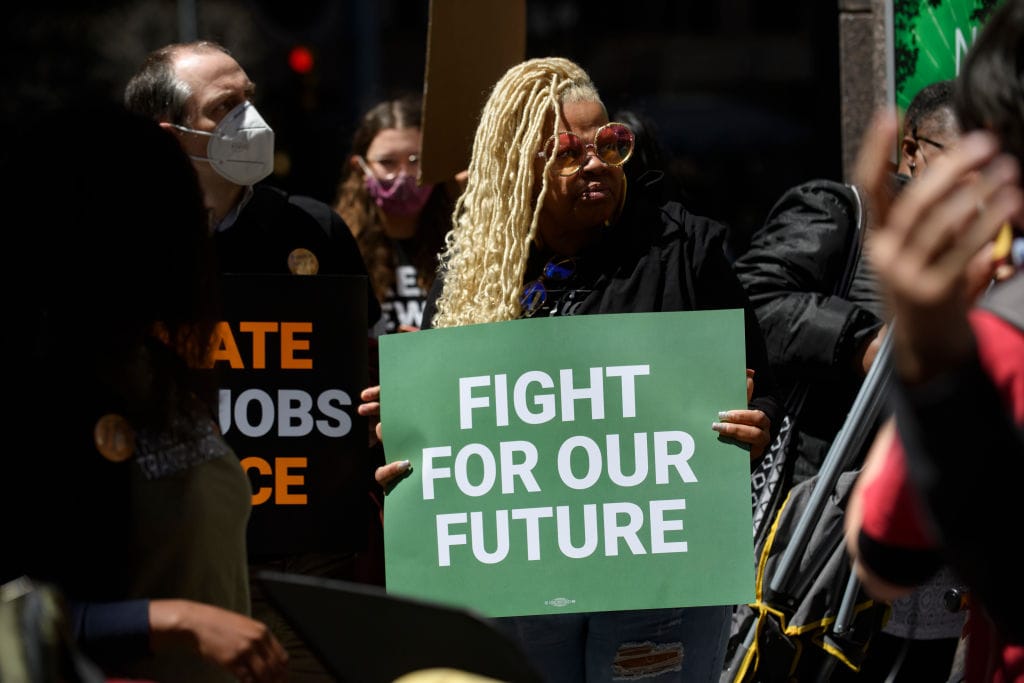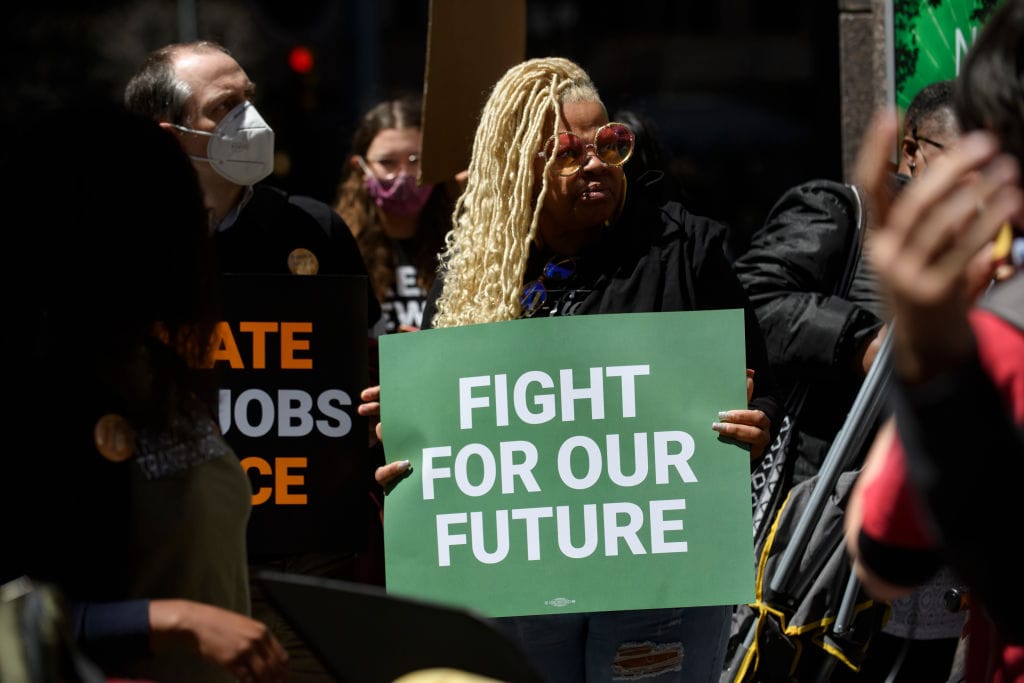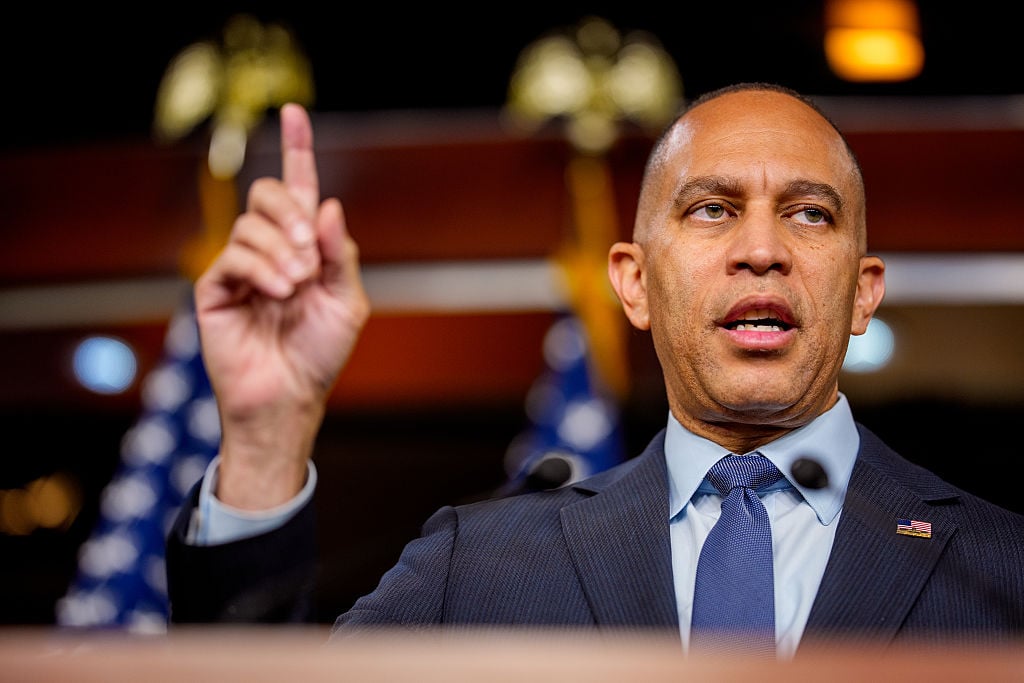The Trump administration has taken steps to undo a key federal scientific finding that has been used to combat the climate change crisis in the United States for more than 15 years. The move stands to exacerbate the vulnerabilities of a warming planet and pollution, most especially Black and Brown communities, which are disproportionately exposed to environmental harms.
The Environmental Protection Agency (EPA) reportedly drafted a proposal to rescind a 2009 rule that has been used to regulate air pollution. The rule, known as the “endangerment finding,” scientifically established that greenhouse gases, like carbon dioxide and methane, endanger human lives, reports The New York Times.
The finding has been the federal government’s only tool to limit exposure to climate pollution derived from vehicles, power plants, and other industries contributing to global warming. The Times reports that the EPA’s proposal also calls for repealing limits on tailpipe emissions intended to encourage automakers to build and sell more electric vehicles—a key effort to reduce emissions from combustion vehicles.
According to the report, the Trump administration will argue in its proposal that, rather than greenhouse gases, the real harm to human health is the years-long regulations resulting from endangerment findings. The administration argues that climate regulations increase prices and reduce consumer choice. They also argue that over the years, the EPA has overstepped its legal authority under the Clean Air Act by making a broad finding that greenhouse gas emissions endanger public health.
Dorien Blythers, former EPA Chief of Staff for Operations during the Biden-Harris administration, condemned the Trump administration’s proposal as a “shameless attempt to gut hard-won science” in endangerment findings. He told theGrio that the EPA is choosing to “twist the law to serve polluters, not the American people.”
Worst of all, Blythers said Black Americans will acutely suffer the health consequences of this decision. “Let’s call it what it is: a slow suffocation of Black communities already choking on toxic air, blistering heat, and environmental neglect,” he told theGrio.

When Blythers served in the Biden administration, former EPA Administrator Michael Regan announced an endangerment finding that emissions of lead from aircrafts that operate on leaded fuel cause or contribute to air pollution.
The latest move from the Trump administration is among several that steadily distanced itself from Biden-era policies aimed at fighting climate change and protecting human health from environmental harms like air pollution.
Since returning to office, President Donald Trump has pulled the U.S. out of the Paris Climate Agreement and signed an executive order to resume federal coal leasing. His “One, Big, Beautiful Bill Act,” which he signed into law on July 4, rescinded tax credits intended to encourage the purchase of electric vehicles and manufacturing clean energy technologies like solar and wind.
The proposed rescinding of the endangerment finding rule is sure to face legal challenges. Blythers said the Trump plan is “misguided” and is “just another page” in the administration’s “big beautiful betrayal.”
“They’re playing in our faces, rewriting the rules to protect corporate profits while our neighborhoods pay the price with our public health and pocketbooks,” he said.
A 2024 study from Stanford Medicine found that Black Americans are significantly more likely to die from causes related to air pollution, compared to other racial and ethnic groups.
According to the study, “[Black Americans] face a double jeopardy: more exposure to polluted air along with more susceptibility to its adverse health effects because of societal disadvantages.” The researchers say reducing air pollution could be a “powerful and achievable way” to address the inequities facing Black communities.





